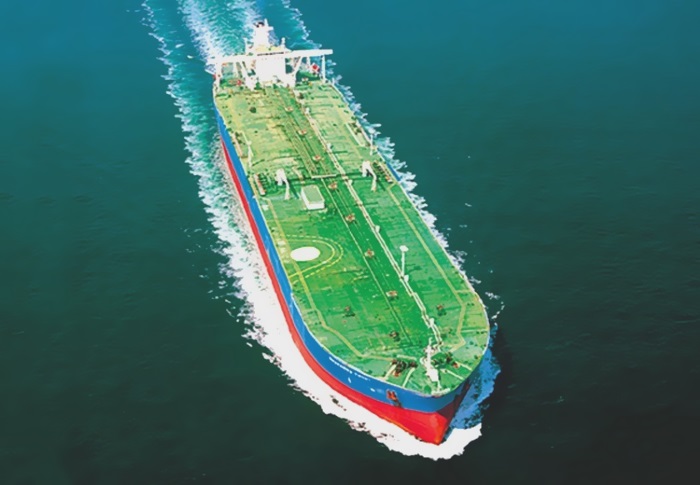Asian clean tankers freight will likely come under downward pressure in the next few weeks due to weak demand to load naphtha from the Persian Gulf and India as buyers in the Far East step up purchases from Malaysia and Singapore instead, several market participants said on June 26.
The clean tanker route from Singapore to Japan and South Korea, which turned illiquid, or became a rarity in the last 12 years, was experiencing a gradual revival.
“With Russia diverting its own naphtha to Asia, some of it is finding its way into onshore tanks in Southeast Asia and eventually finds its way into the Far East,” a trading executive involved in such deals said.
Under the current European and US sanctions regime against Russia, it is permissible for third countries to purchase Russian oil and refined products, as long as the base price cap is observed.
Even though the purchase of products such as naphtha is permitted but to avoid legal complications arising out of shipping, insurance, and finances, Far East importers prefer to source indirectly after it is already in storage in Singapore or Malaysia, the executive said.
“Since the bill of lading is in the Far East, we would like to believe that it is naphtha from Singapore,” a source with one such importer in the Far East said on the sidelines of the S&P Global Commodities Forum in Seoul held during the week ended June 23.
These cargoes from Singapore’s storage tanks are around $25/mt cheaper compared with cargoes sourced from the Persian Gulf, the source said.
“Singapore cargoes, inclusive of freight to Japan and South Korea, are cheaper than free on board from the Persian Gulf,” the source added.
Another source said shipments equivalent to around half a dozen MR-sized naphtha cargoes were being delivered from Singapore and Malaysia to the Far East each month, though some of the parcels were loaded in LR1s.
Singapore, itself a net importer of naphtha, which until March was regularly importing up to half a million mt each month from India and the Persian Gulf, has cut down its purchases, a broker involved in such deals said.
South Korea and Japan, together the world’s largest importer of naphtha, along with their purchases from the Persian Gulf are significant to support freight of clean tankers. Shorter voyages from Singapore implied fewer loadings in the Persian Gulf and therefore lower freight.
Earlier this month, the LR tankers’ freight on the benchmark Persian Gulf-North Asia routes slipped to its lowest level in four months, according to S&P Global data, as demand waned.
The average number of combined two-week spot fixtures on LR tankers loading clean products in the Persian Gulf, Red Sea, and West Coast India for delivery into the Far East and Europe have been lesser by up to a dozen per two weeks in the current quarter when compared with the previous two quarters, according to brokers’ estimates.
Typically, these long haul LR fixtures for moving refined products number close to 200 every month and demand to move gasoil and jet fuel is not enough to offset the shift in naphtha trade flows, the brokers added.
In March, the flow of naphtha from the Middle East to the Far East was more than 3 million mt, while in the last two months, it has been less than 2 million mt each, according to shipping industry estimates.
Weaker margins
However, shipping executives and traders in the Far East pointed out that it was not only the shift in naphtha trade flows that were hurting freight.
Overall demand has also weakened due to poor margins and returns in producing polymers. As a result, petrochemical units have reduced their capacity utilization, an ethylene and polypropylene trading executive said.
They have even extended maintenance periods and were toying with the idea of selling their cracking units, he said.
All these factors combined resulted in a reduction in the earnings of clean tanker owners.
Assuming bunker prices of around $600-$612/mt, owners were earning around $23,000-$26,000/day on the benchmark Persian Gulf-North Asia LR routes, down from $73,000-$83,000/day at the beginning of the year, brokers said.
Source : Hellenic Shipping News






